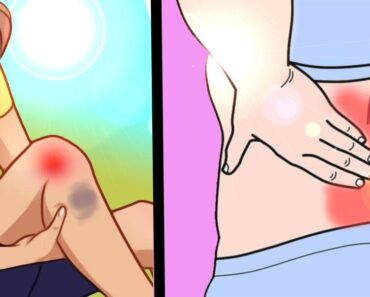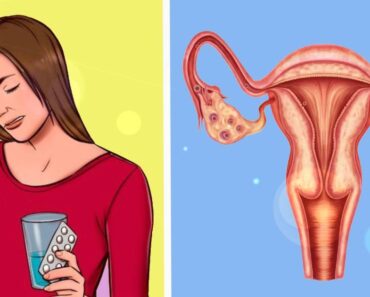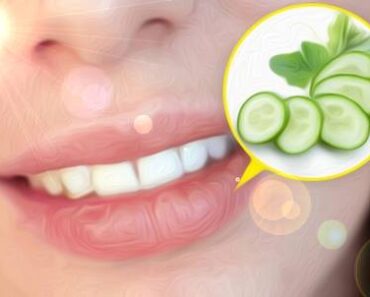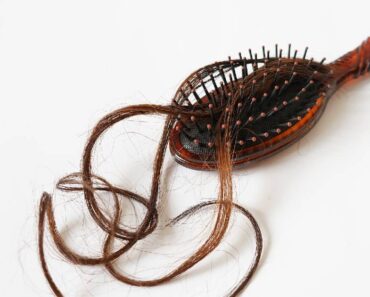Not everyone understands the important role of the mouth in maintaining general health, as it is able to warn of potential problems. This is because the mouth is connected to the respiratory and digestive tracts, which means that many germs can enter through the mouth and reach the rest of the body. That is why it is so important to keep your mouth clean throughout the day, as well as pay attention to the little things.
-
Don’t brush too hard.

Everyone’s gums should be pink and firm if they are 100% healthy. However, some people experience swollen gums that often bleed or, worse, begin to fall out. If your gums are receding, you’ll notice that your teeth appear longer than normal.
One of the main reasons could be that you brush your teeth too hard with a hard-bristled toothbrush. Dentists recommend that people brush their teeth with a soft-bristled toothbrush in a circular motion. They should not apply too much pressure to protect the teeth from wear.
-
Don’t forget to brush your tongue.

Not washing your tongue could mean that any bacteria that collects on it will have a chance to multiply. If this happens, you may start to experience bad breath, an inability to taste food, gum disease, and even yeast infections. This is why it is important to start using a tongue scraper, as it is much more comfortable on the tongue than a regular toothbrush.
If you use a toothbrush, you must first rinse your mouth with warm water. Start at the back of the tongue and be very careful not to hit the gums or teeth. Once you’re done, you’ll need to rinse again to remove any loose bacteria.
-
Use mouthwash and get rid of smelly food.

Eating foods like garlic, onions, and spices almost daily can be the cause of persistent bad breath. But the most common cause of the problem is poor oral hygiene, when food remains in the mouth. These leftovers will rot in your mouth and create an unpleasant odor. Not only that, many bacteria remain on the tongue and produce smelly sulfur compounds.
This is where mouthwash comes in, as it helps kill bacteria and provides fresh breath. If your mouthwash contains fluoride, it can also help with periodontal disease and even reduce cavities.
-
Use the right products if you have sensitive teeth.

If it hurts to drink cold water and eat hot soup, it may be worth visiting the dentist. This is because sensitivity occurs when tooth enamel wears away, exposing the roots of the teeth. Your dentist will be able to tell you which toothpastes are best for your sensitivity so you don’t use anything that could make things worse. In addition, they can apply fluoride in the most sensitive areas to strengthen the enamel and relieve pain.
What you can do at home is use a soft-bristled toothbrush and follow oral hygiene rules down to the smallest detail. You can also stay away from acidic foods that can eat away at tooth enamel.
-
Brush your teeth every year.

Another problem that poor oral hygiene can cause is discoloration of the teeth. If you don’t clean them often enough, bacteria, acids and plaque build up more easily and find a home in your mouth. It is the plaque and tartar that create a yellow coating on the outside of the teeth, making them unsightly.
Therefore, in addition to brushing your teeth twice a day, you should also visit the dentist once a year for an examination and cleaning. During this process, your dentist will be able to remove tartar and plaque from hard-to-reach places. They will also clean your teeth with special tools and then polish them. This last step will make your teeth shine again and remove the yellowish tint.
-
Visit the dentist if you notice anything unusual.

In some cases, people notice quite painful sores at the corners of their mouths. While you may think the cold is causing them, it is actually due to bacterial infections. The reasons for this may be some nutritional deficiencies, excess saliva or the habit of pinching the lips.
The first thing to do is to visit your doctor and ask him for solutions that will fix the problem and give you relief. You may also need blood tests to see if you have any deficiencies that may be causing the problem.
There are 3 possible reasons for the unpleasant metallic taste you may be experiencing, one of which is medication. A metallic taste in the mouth can often be caused by antihistamines, antibiotics, and heart medications. Also, it can be a direct symptom of gum disease, which will require a visit to the dentist and a complete change in oral hygiene regimen.
The third reason is the possibility of a zinc deficiency, which is more likely if you are vegan or vegetarian. Legumes, wheat germ, pumpkin seeds, and dairy products can help. But if you don’t want to eat any of these foods, you may need to talk to your doctor about taking zinc supplements.







